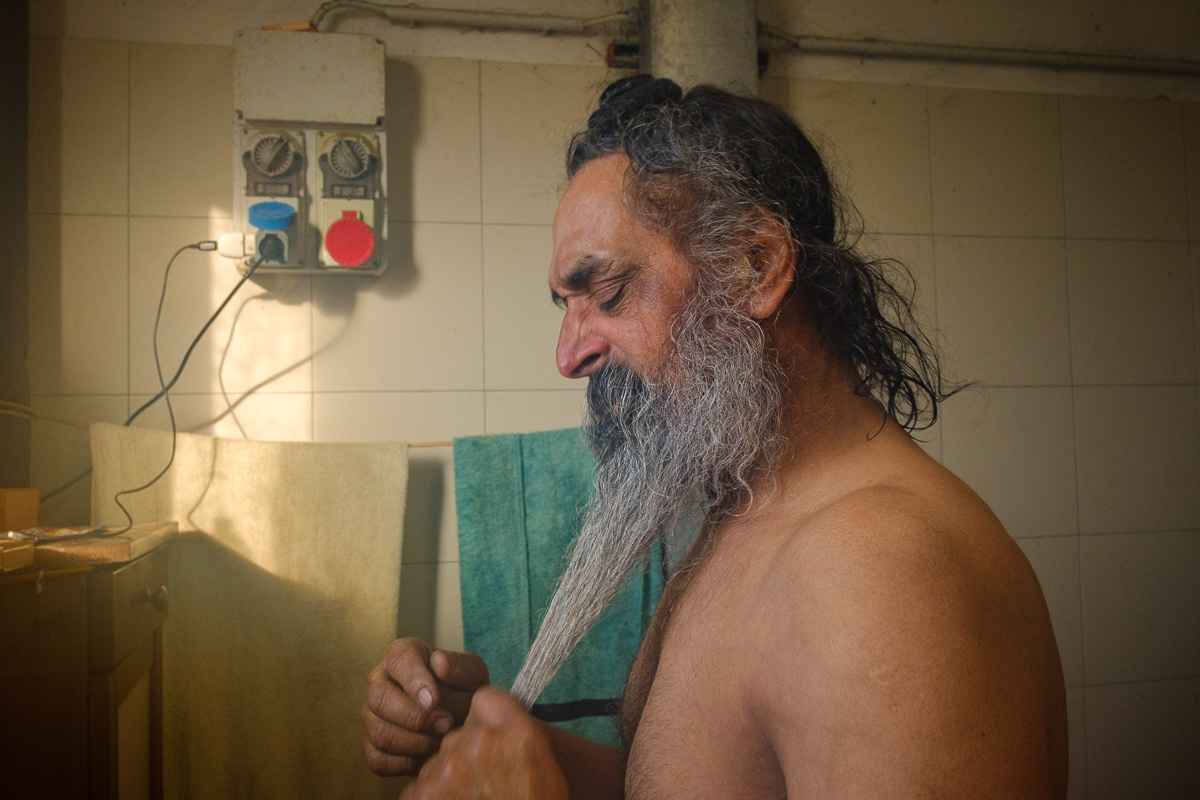
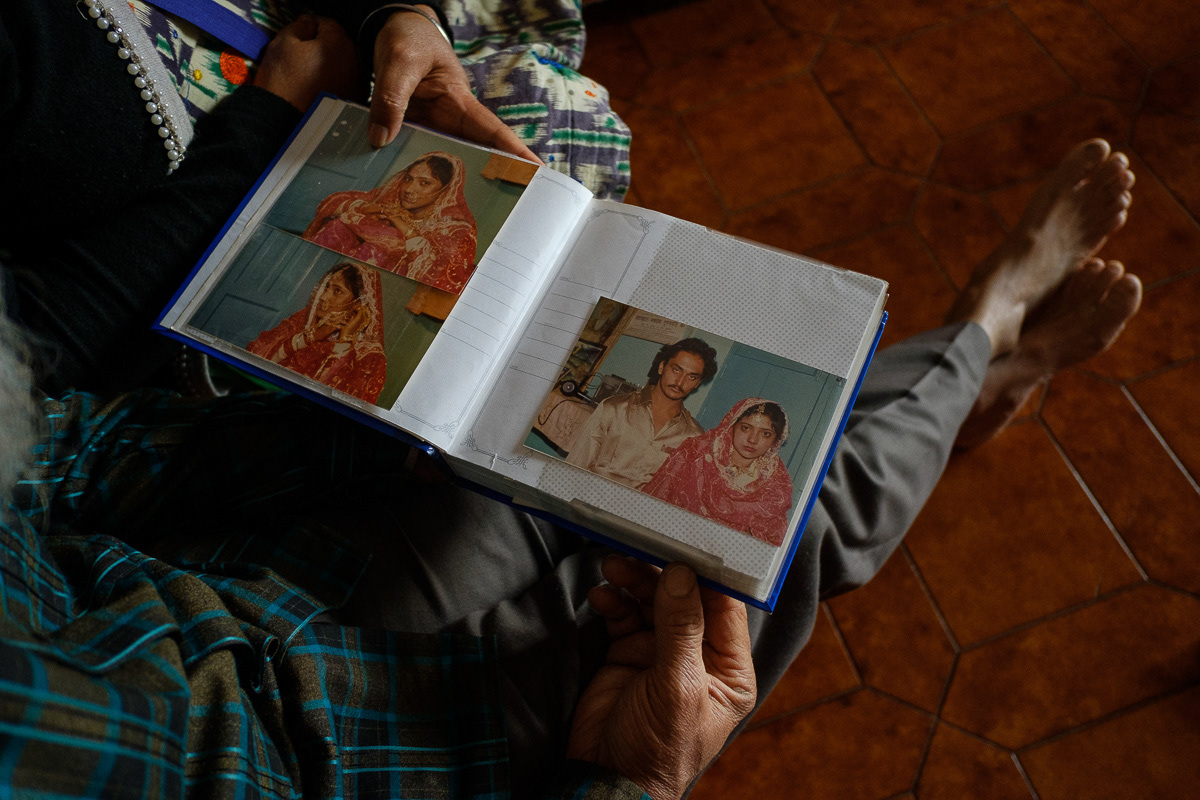
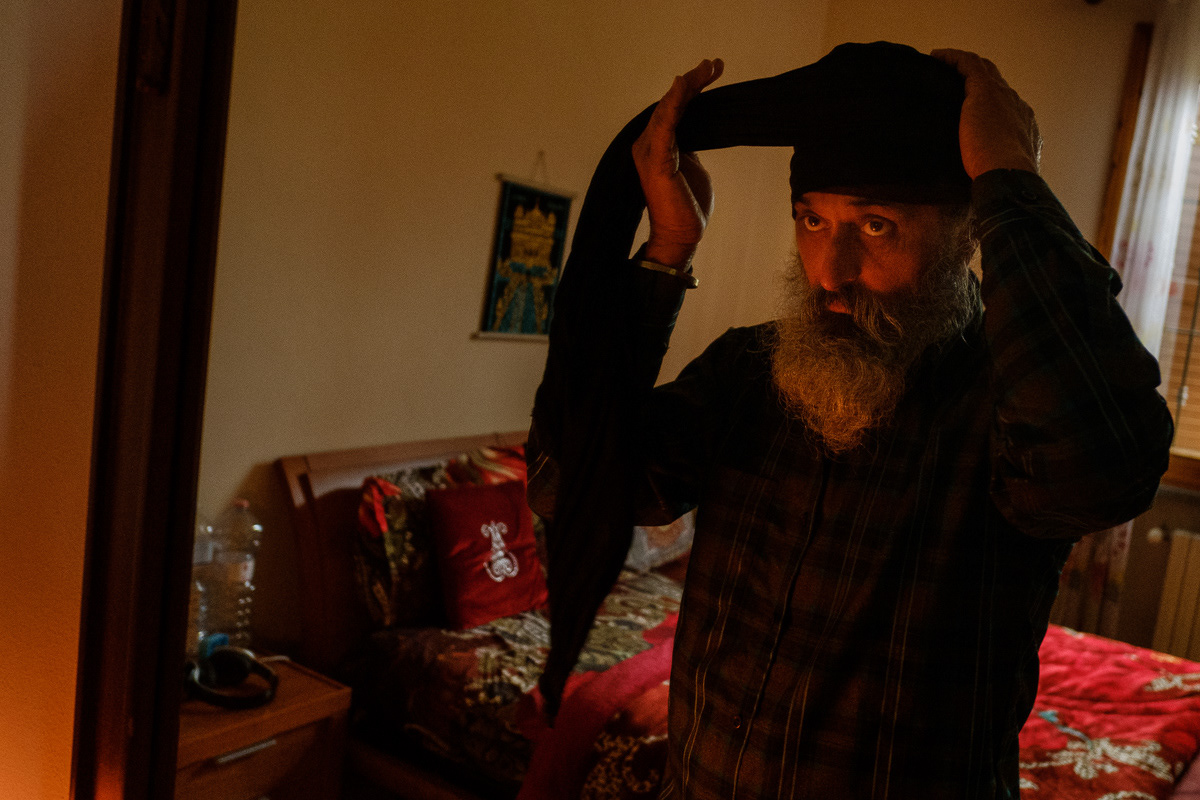
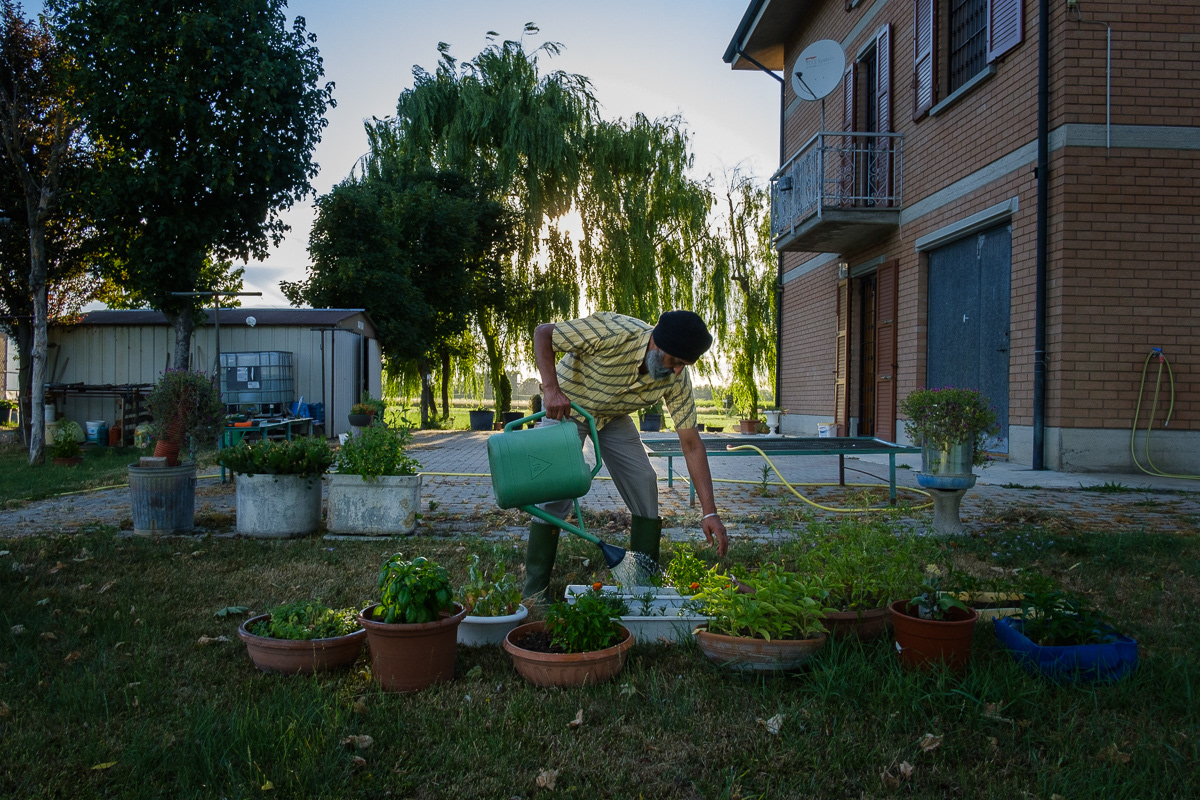
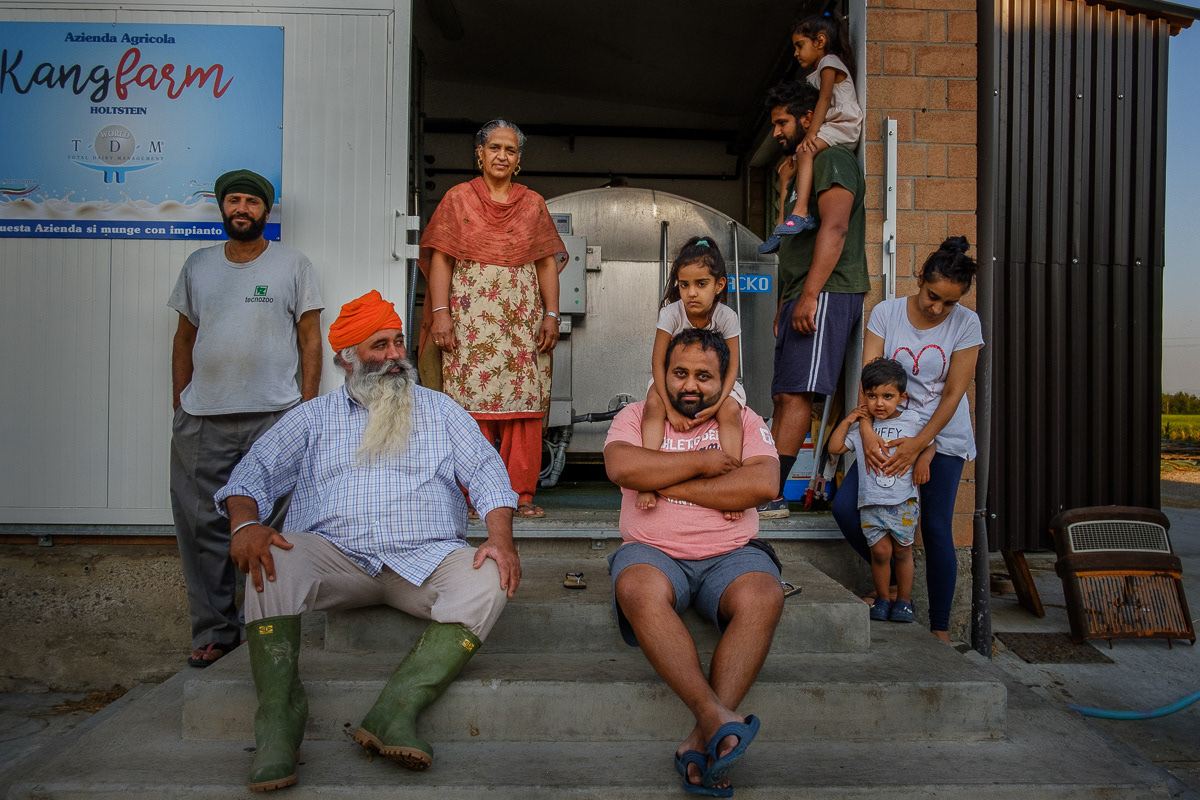
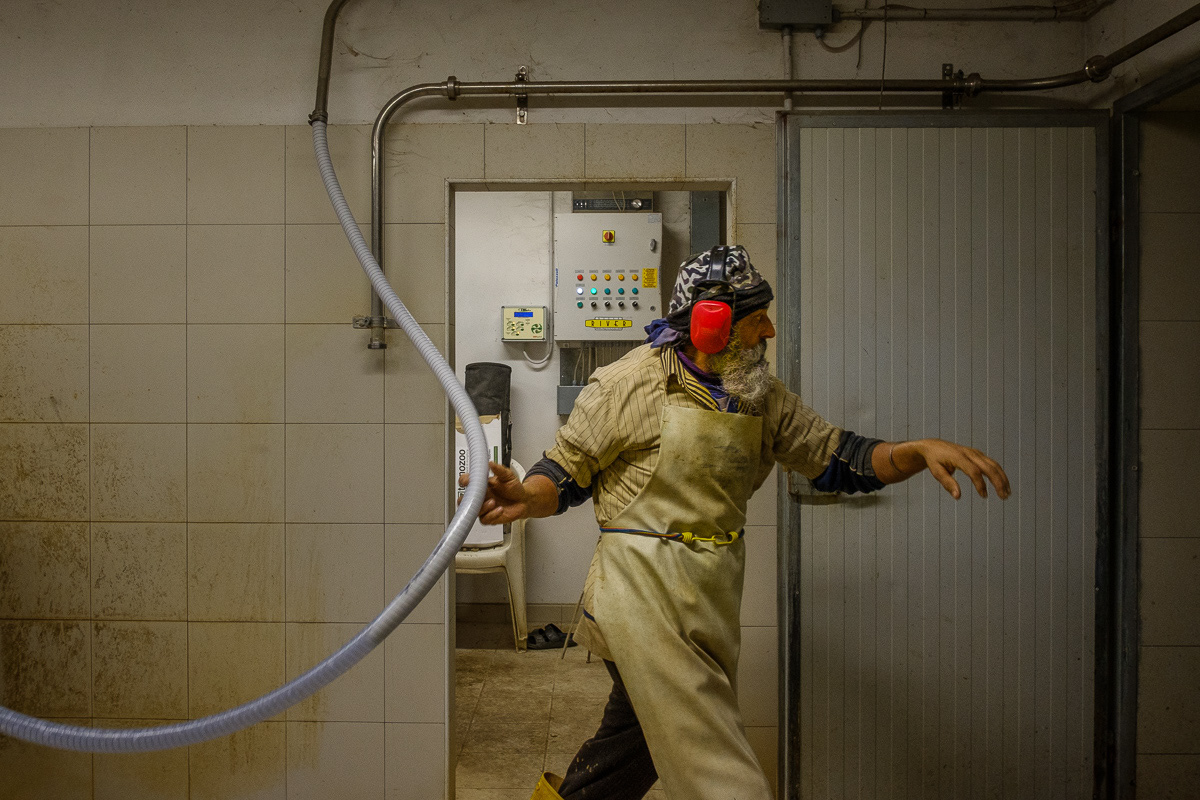
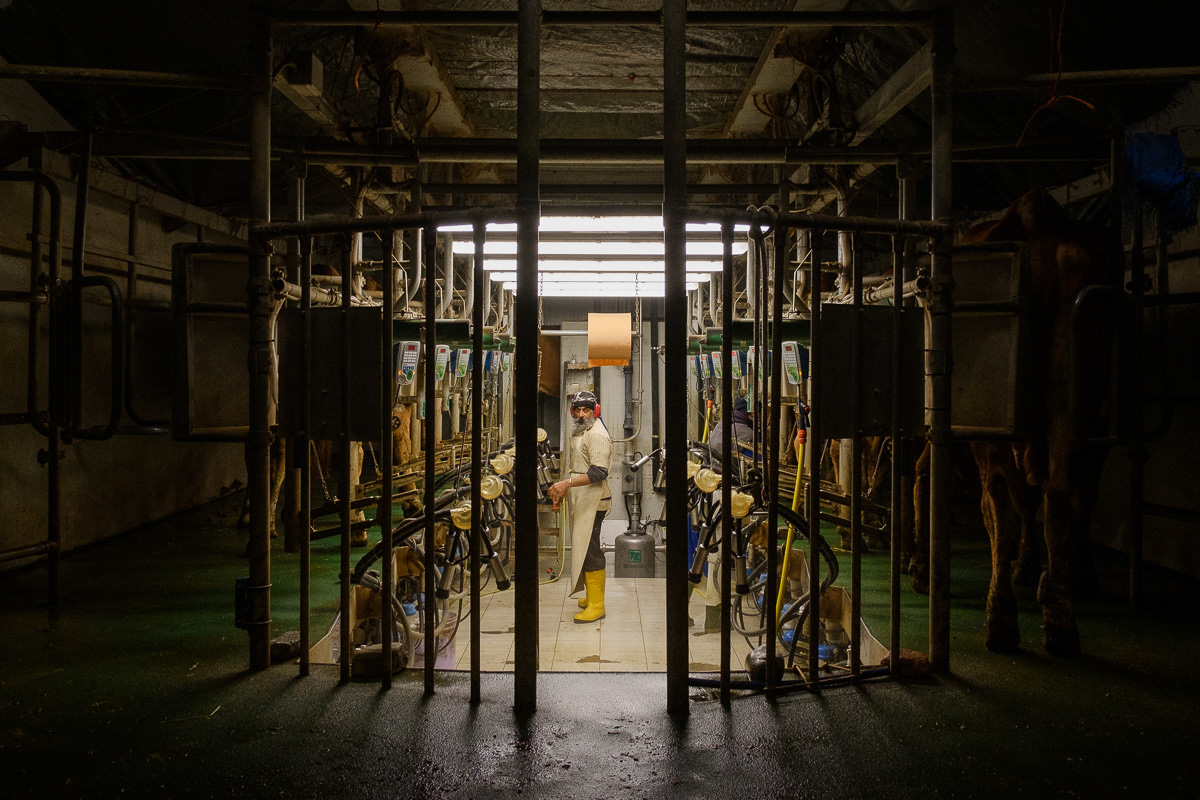
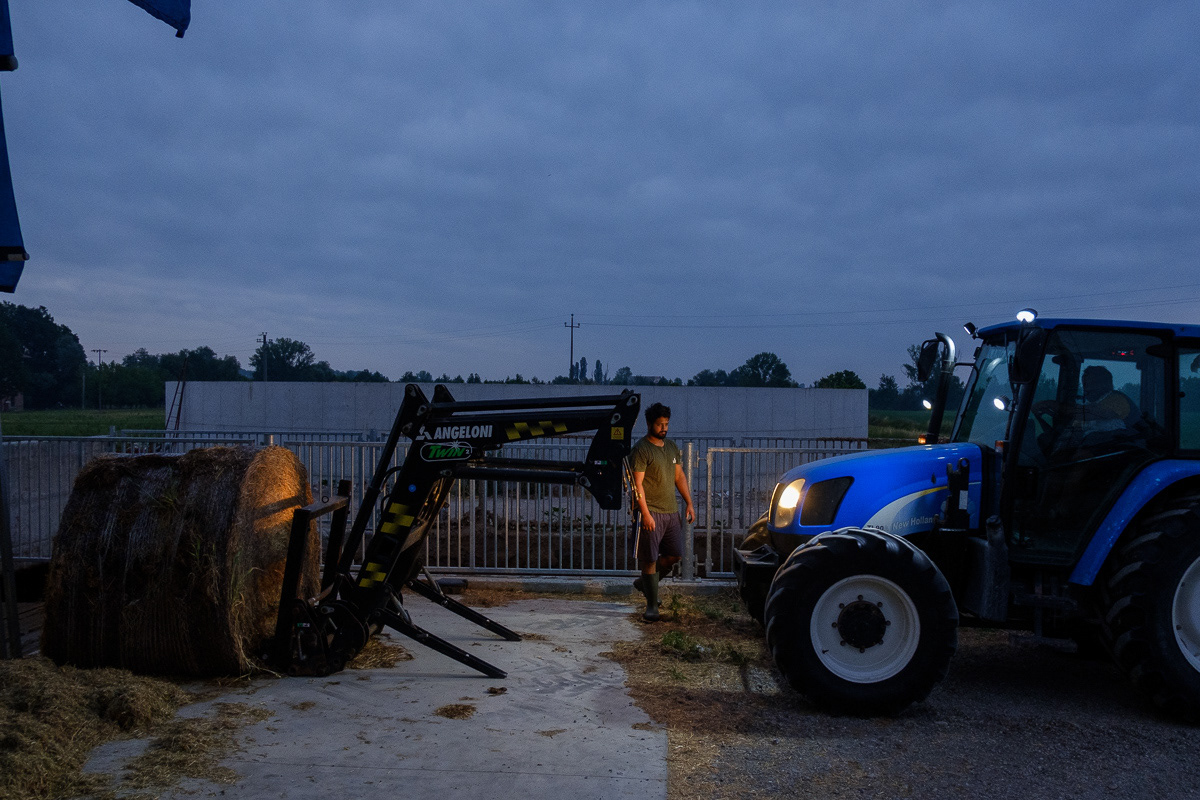
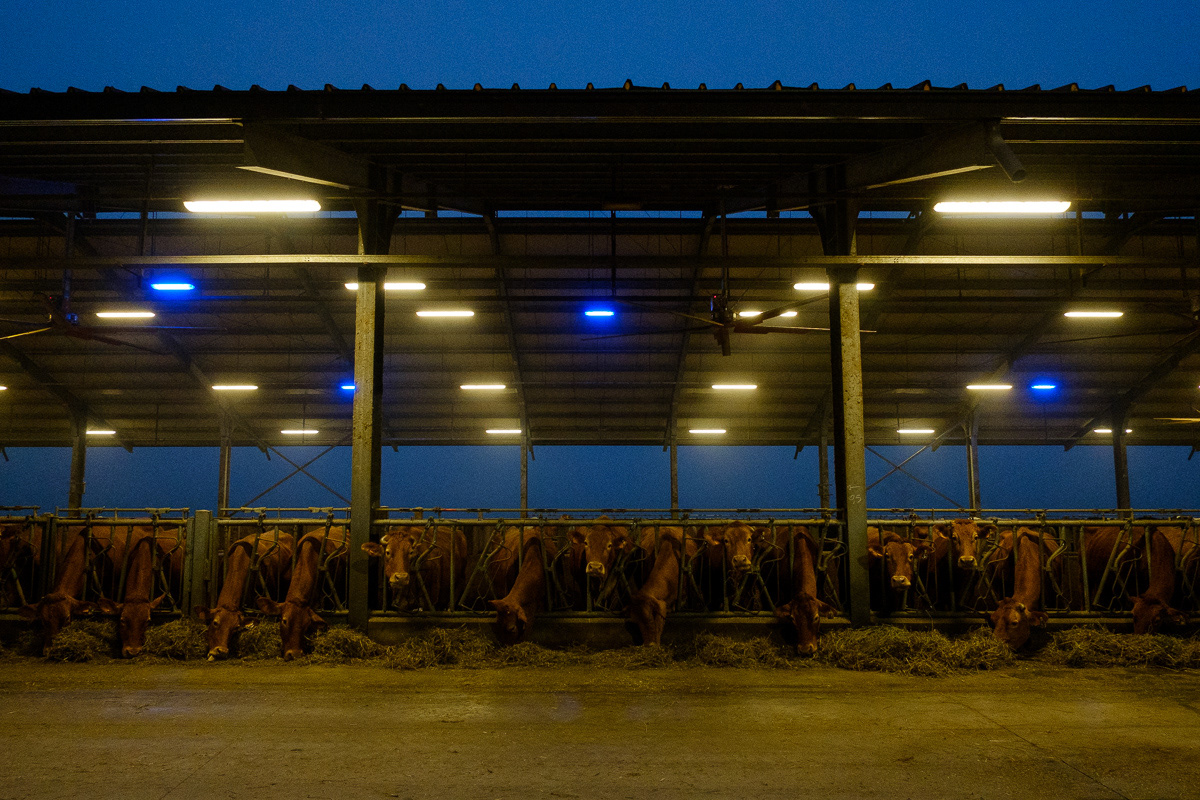
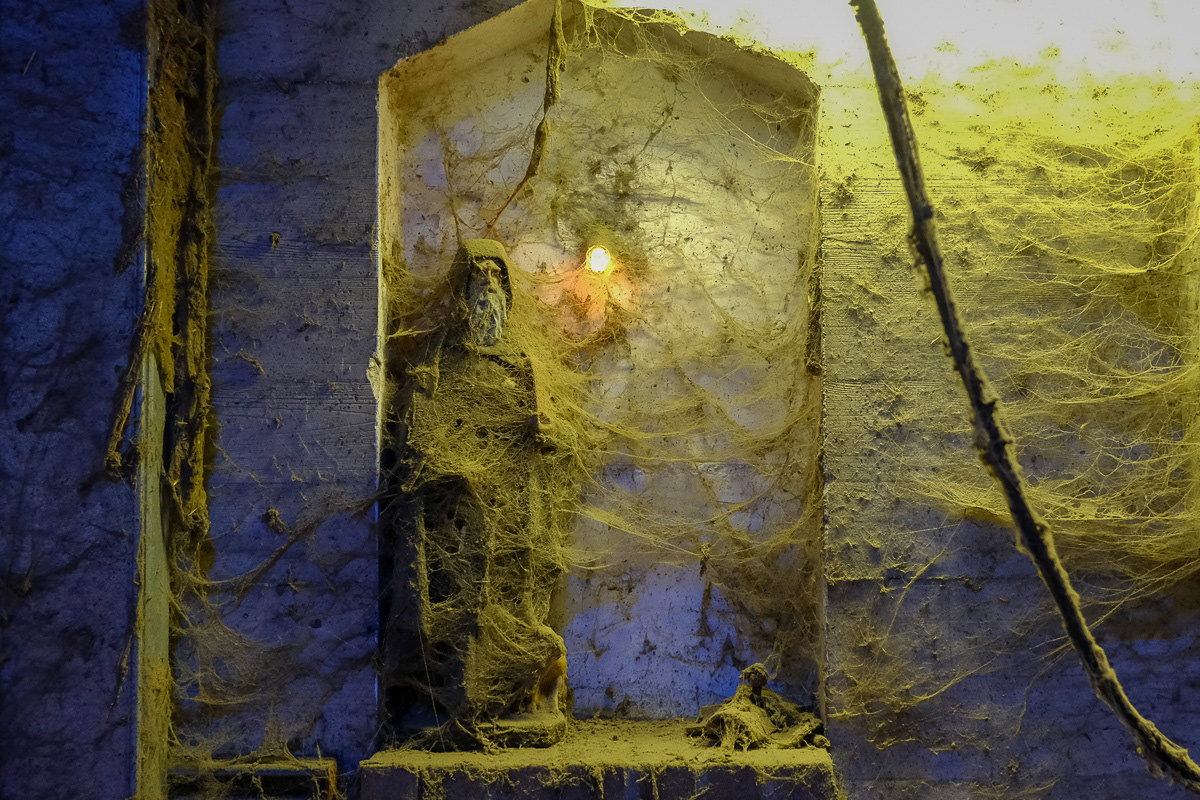
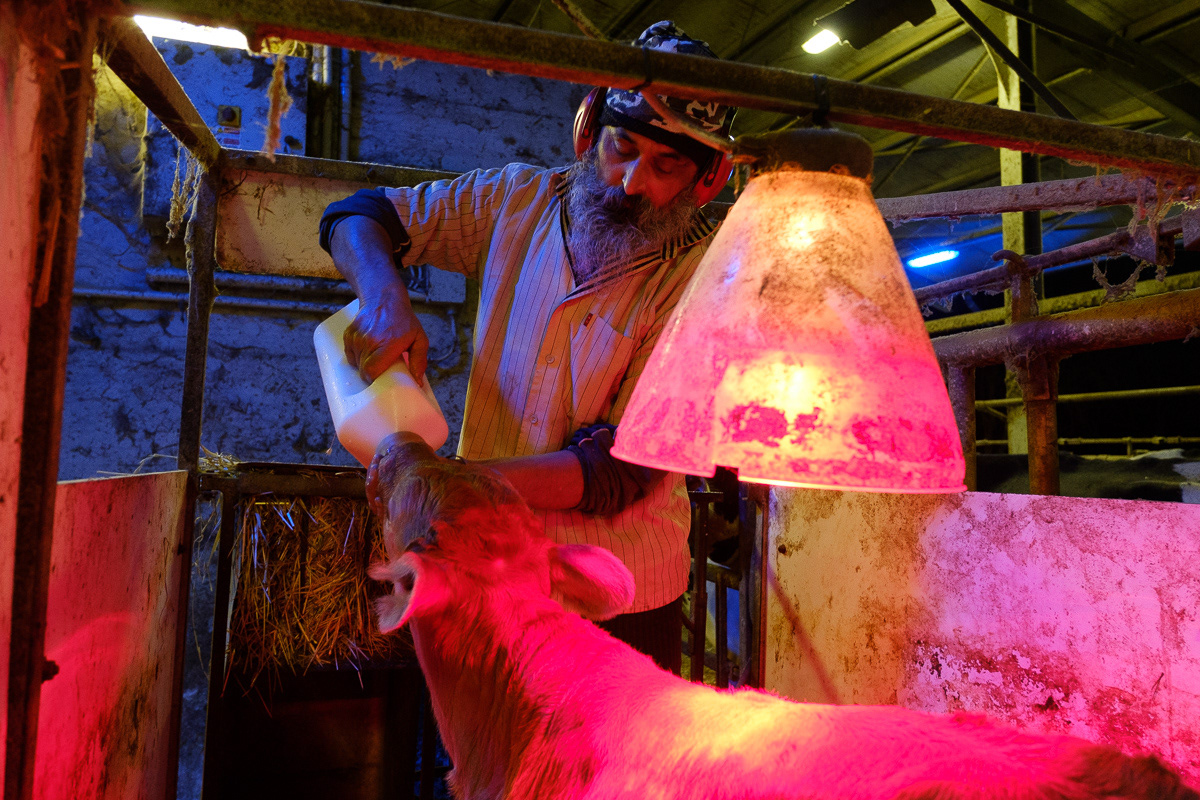
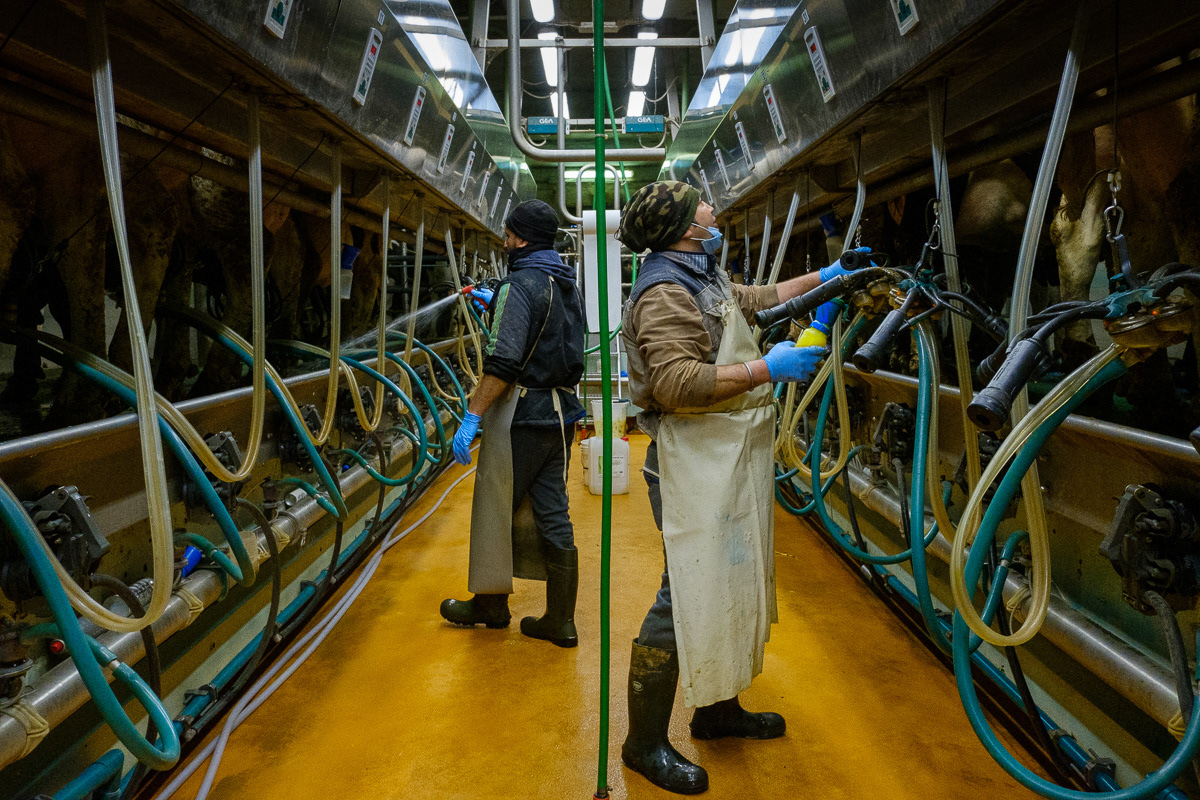
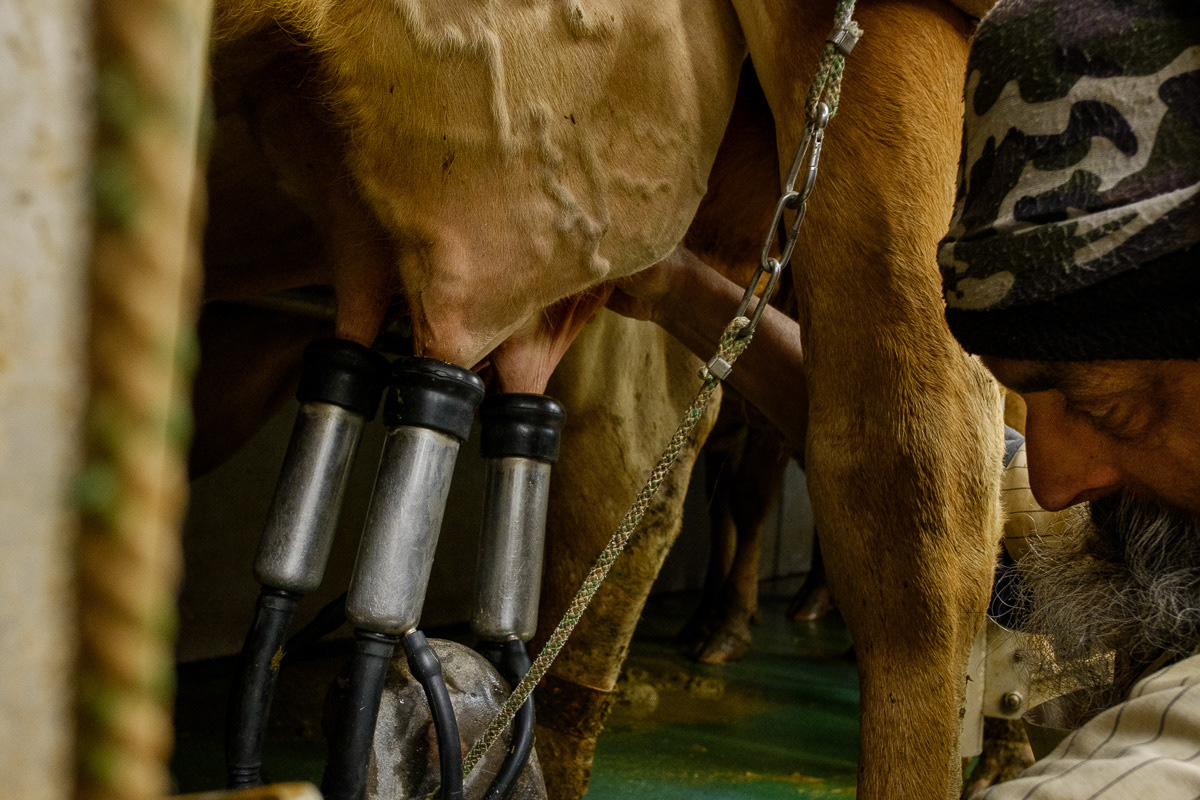
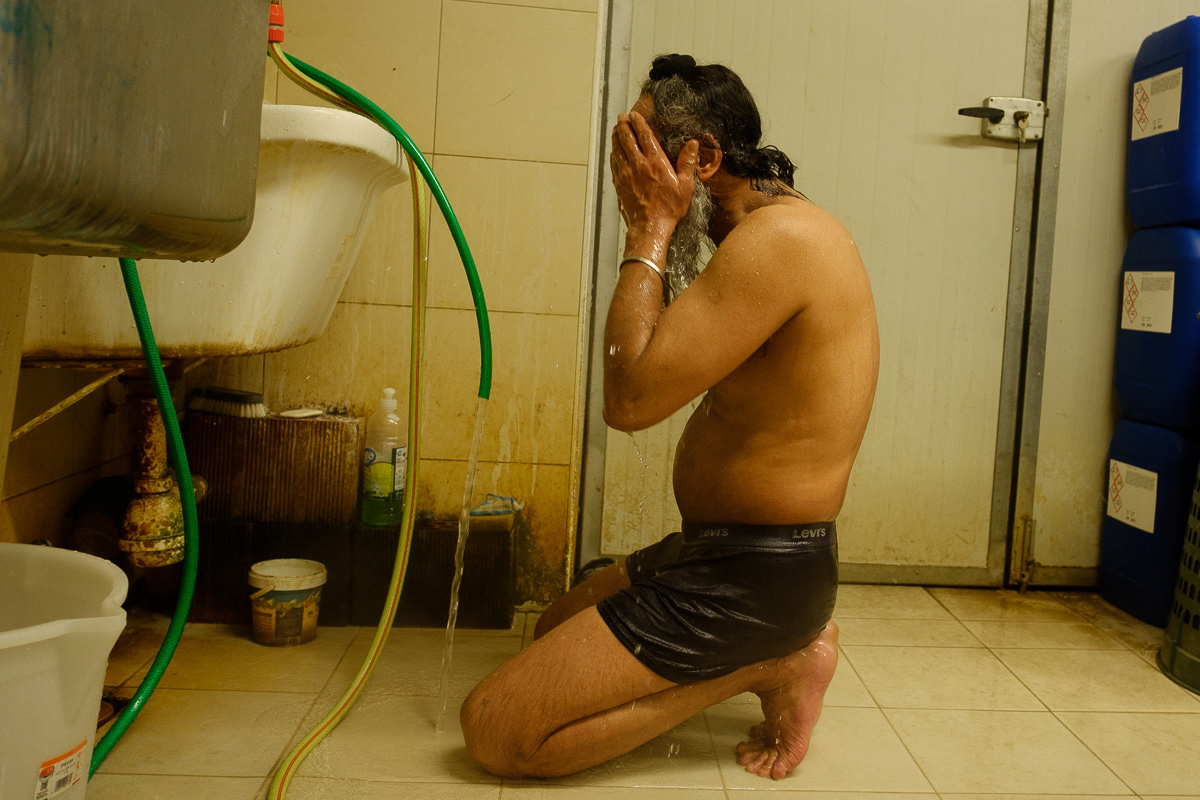
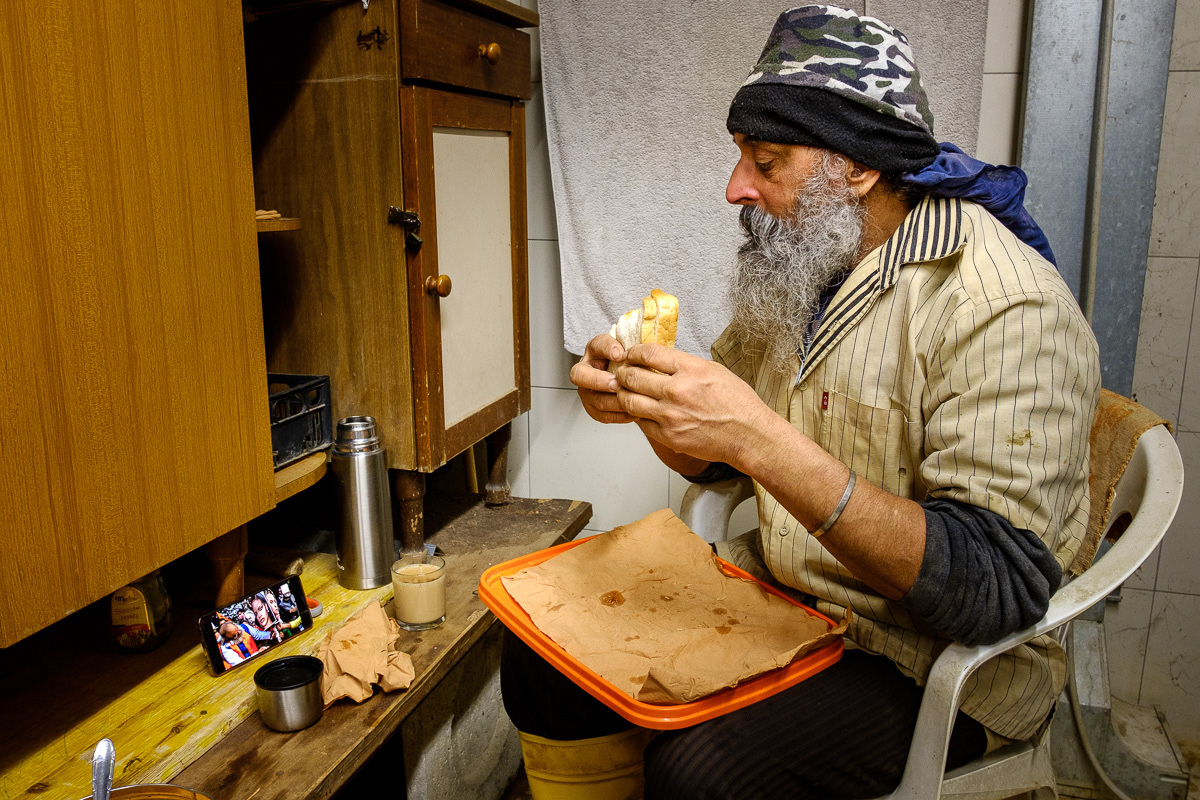
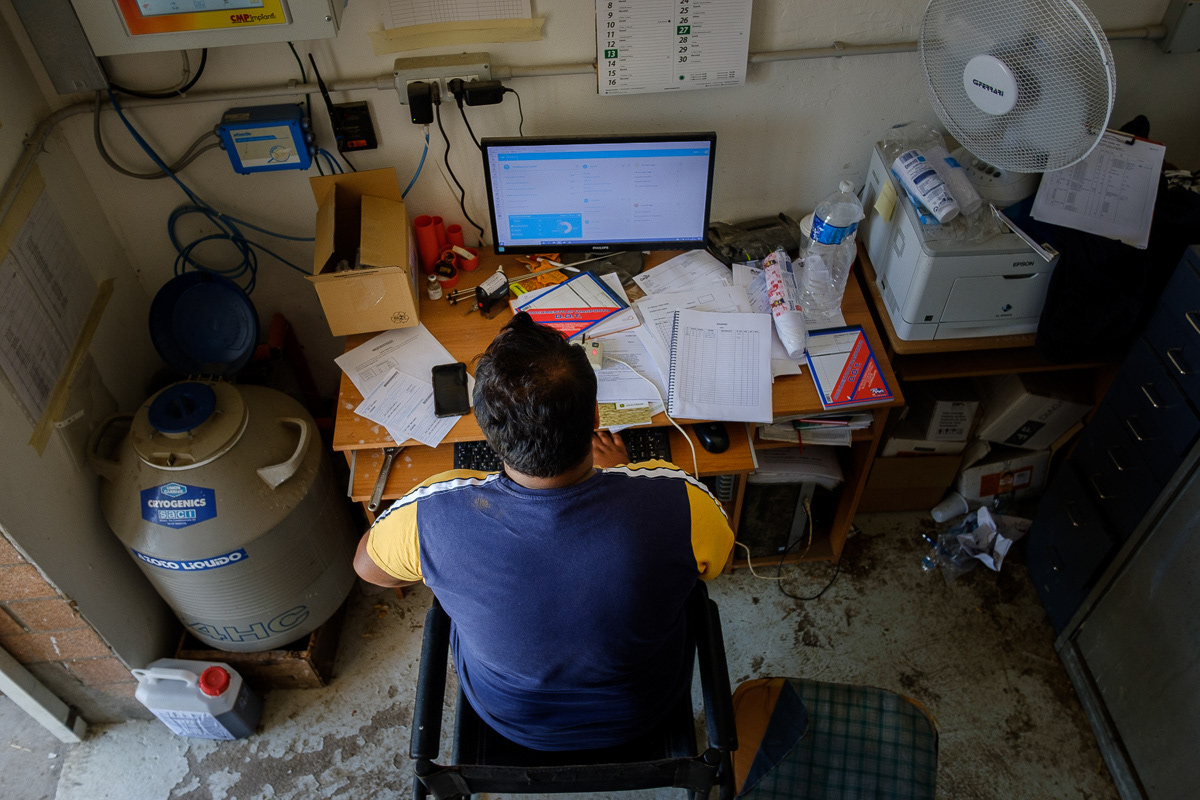
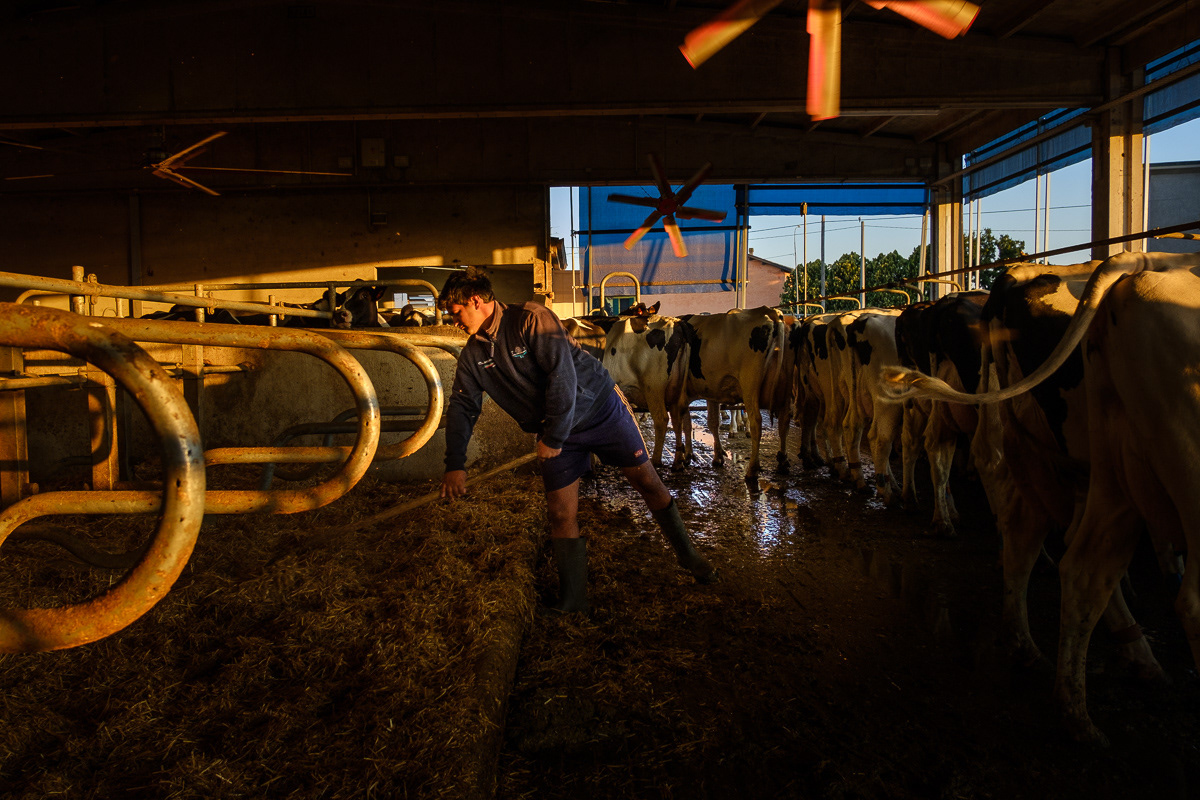
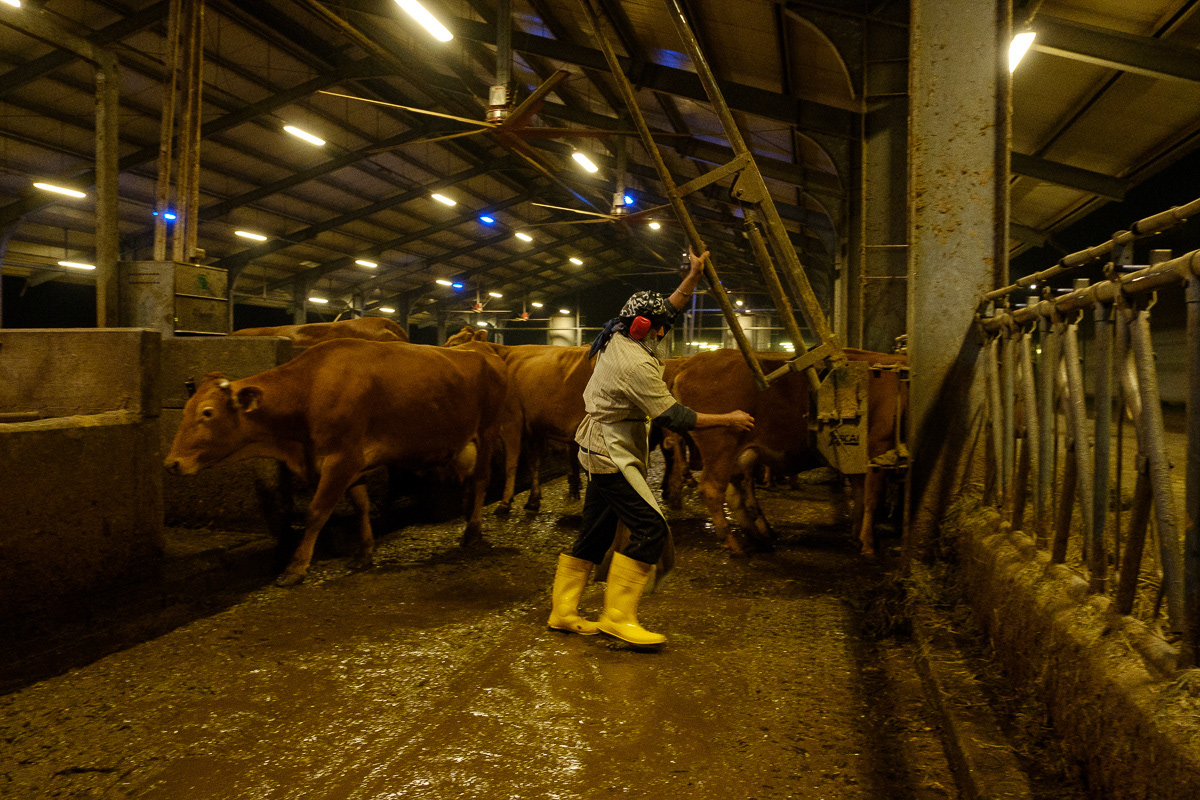
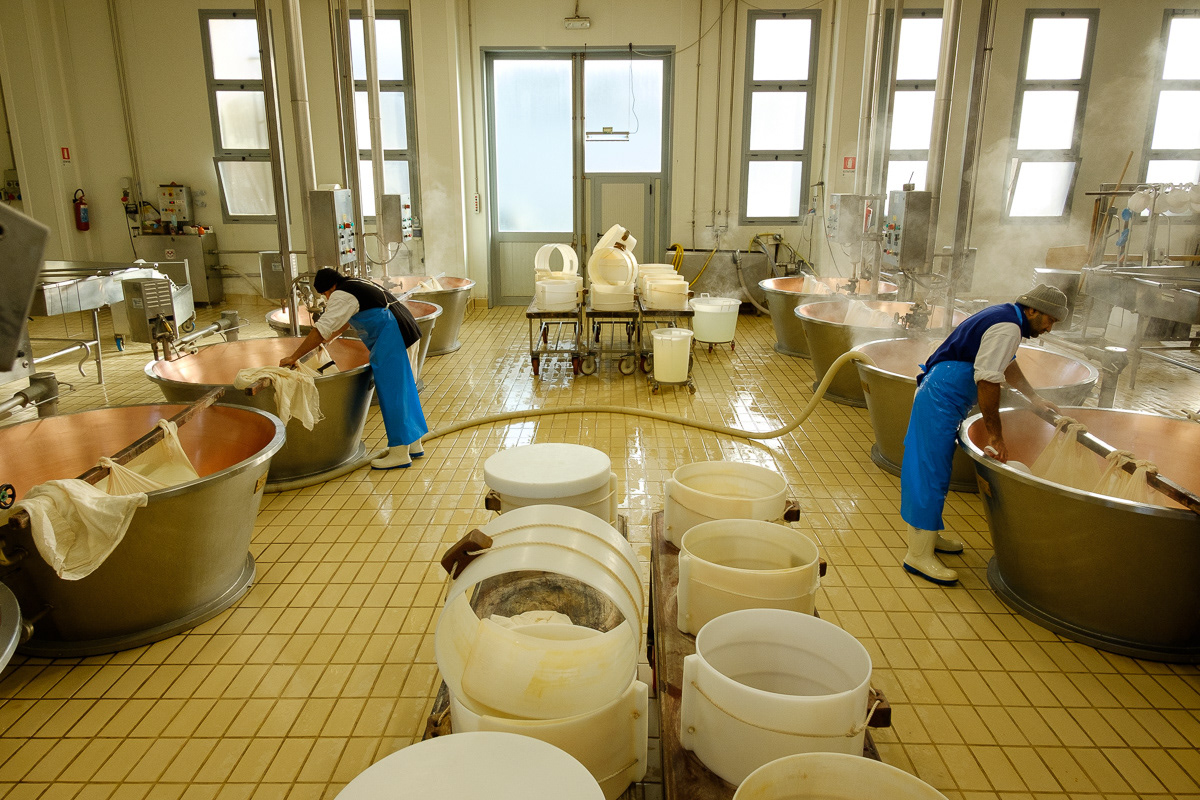
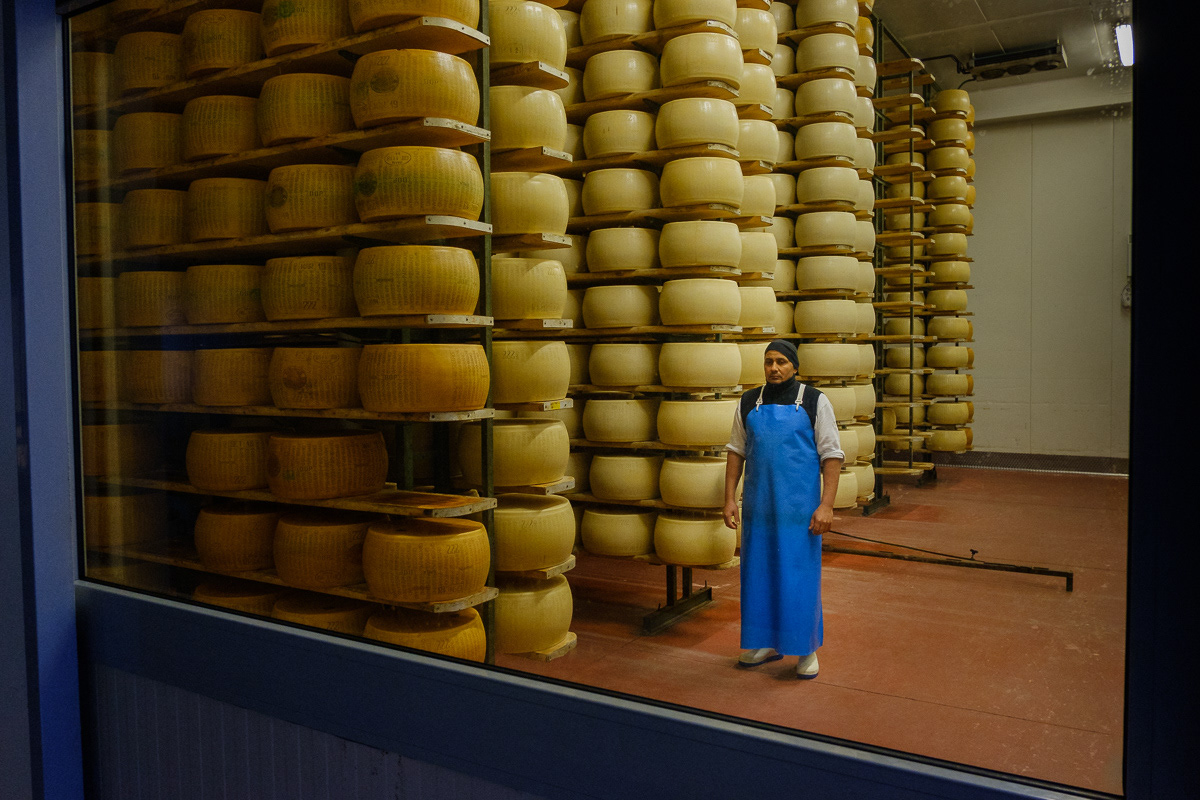
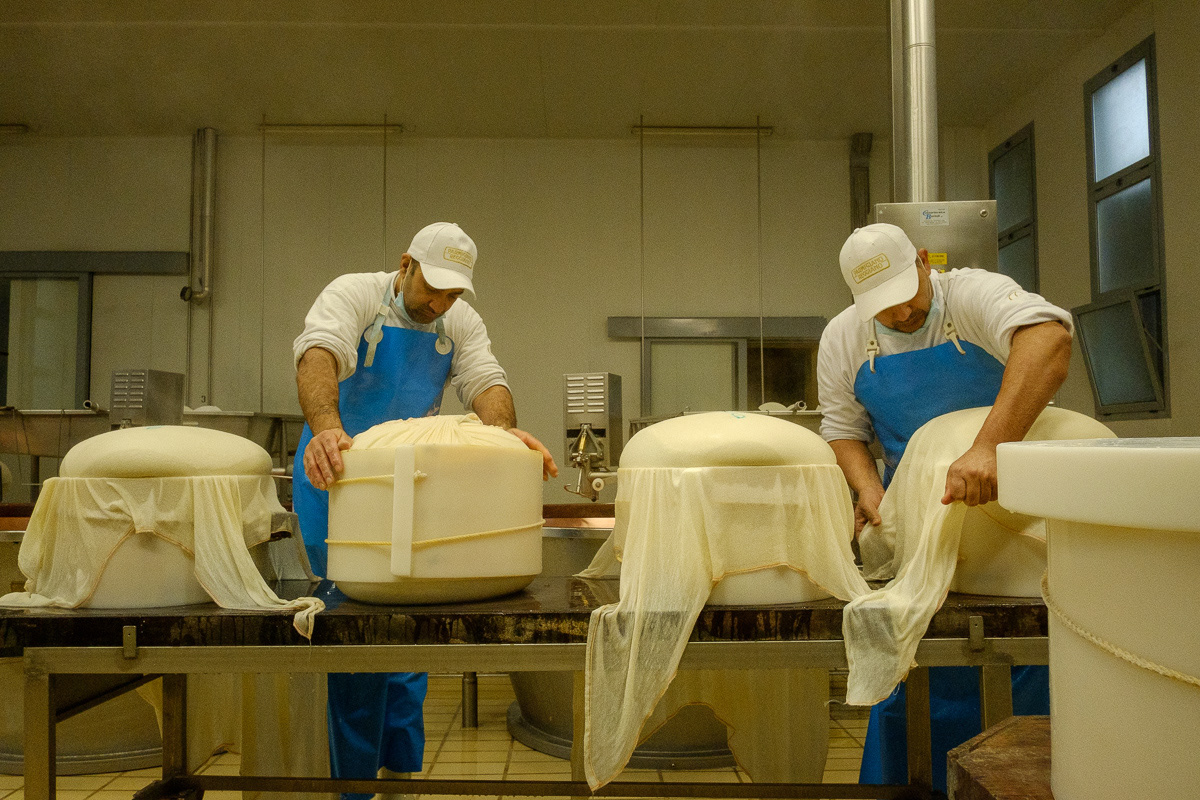
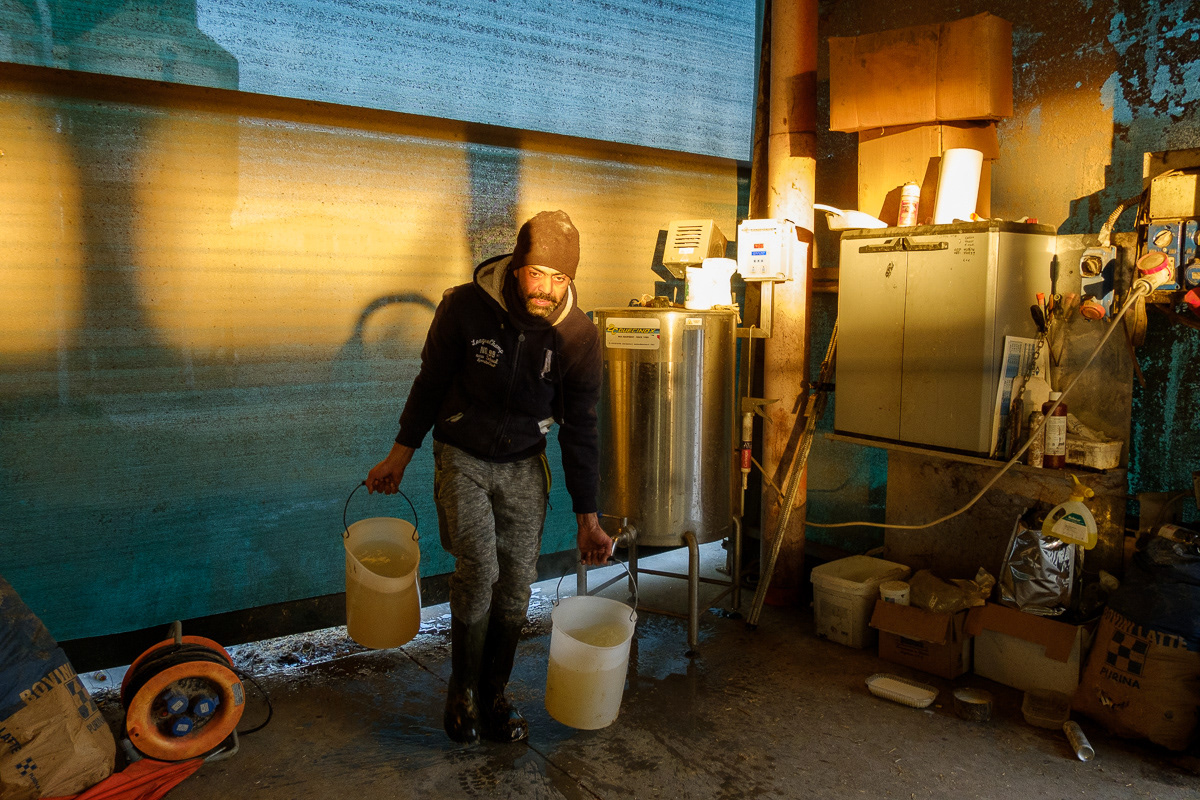
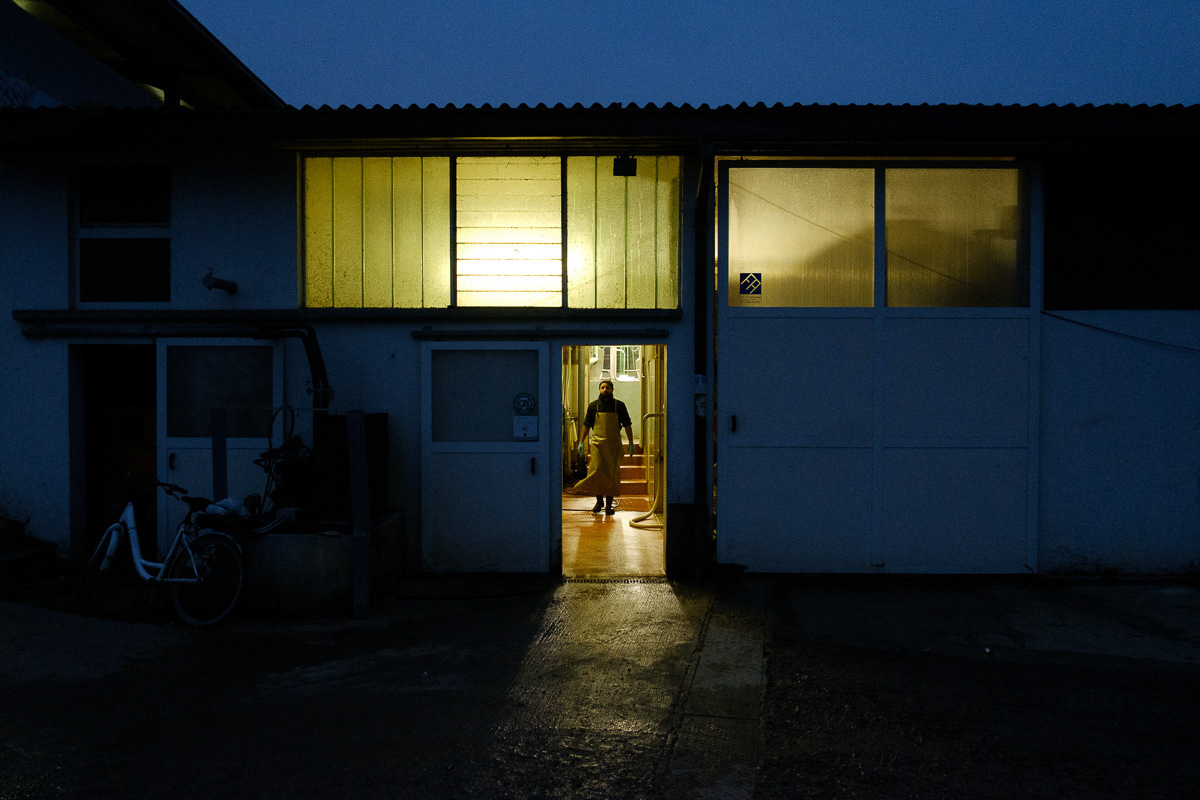
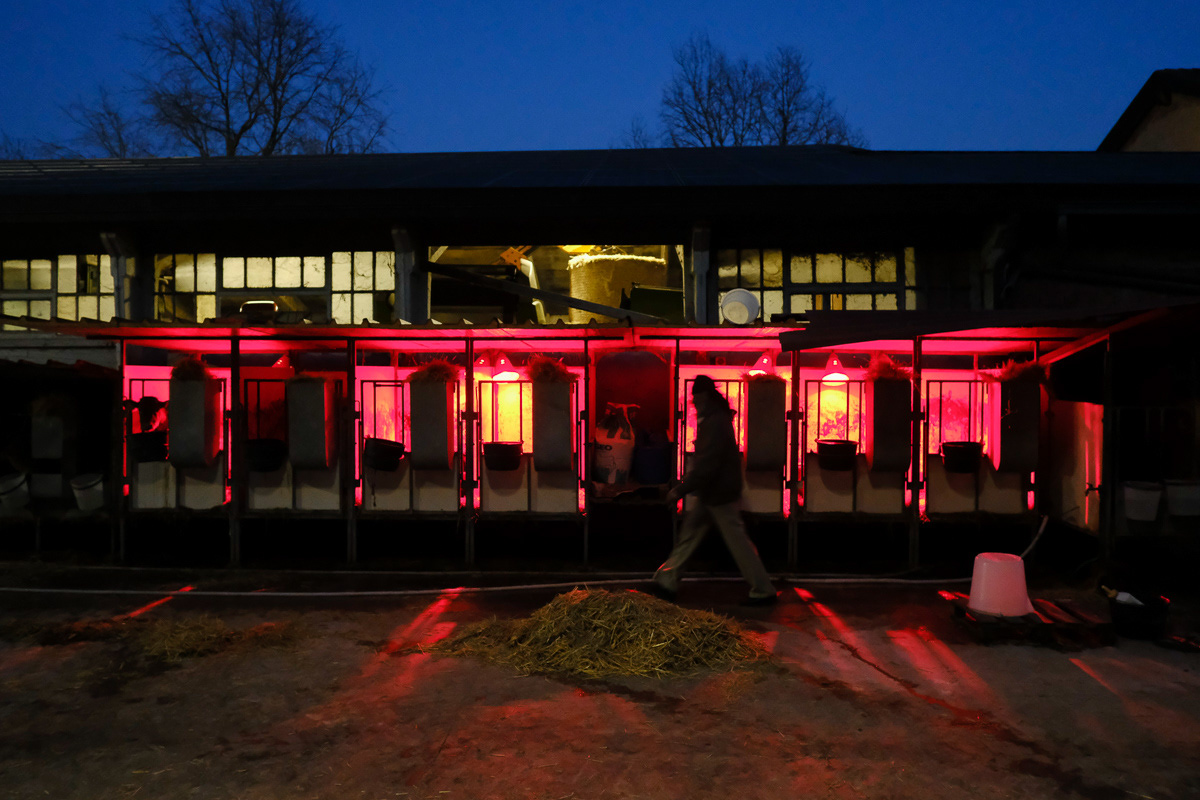
In Emilia, in northern Italy, there has been since the 90s a large Indian community of the Sikh religion. Well integrated and active in the society, many members of this community work in the hundreds of farms that dot the region, taking care of cows and the production of Parmigiano Reggiano. Their contribution is essential to the regional economy: more than 60% of the workers in a sector that generates a turnover of over 1.5 billion euros at production are Indian. Some farms employ almost exclusively Indians in all activities: from tending cows to producing cheese. Whatever the job, work in the stables and dairies is hard: not only because of the physical effort, but above all because constant presence is required. In farming, weekends do not exist and workers usually have one day off a week. In dairies work is mainly done in the morning, whereas the rest of the day is dedicated to flipping cheese wheels and washing the equipment, including the many cotton cloths used to extract them from the boilers. In the stables, the day is extremely variable but always divided into two shifts: the first starts very early at around 4 and continues until 9 while the second starts in the middle of the afternoon until the evening. It is not difficult to imagine how for some people the workplace can easily become a “sweet prison“ where living and working conditions are good, but from which they cannot leave. This work describes three farms, one of which with an attached dairy, run with the significant contribution of members of this community. Parmjit Saini moved from India in 2000 and now takes care of Reggio Emilia's red cows - a breed that produces less but very valuable milk - in a farm near Reggio Emilia. Taljit Singh, who began working in Italy 20 years ago at the age of 26, is master cheesemaker in a farm of over 400 cows in Gattatico (RE), assisted by his brother-in-law Mandip. The same farm employs Satnam, Pal, Sappal and Avtar as herders and milkers. The third farm, Kang Farm, is the first in the area fully owned by an Indian family. In 2013 Bhupinder - one of the first from the community to arrive in Italy - and his sons Harpreet and Gurinder became entrepreneurs by renting a farm and then, in 2019, buying one that they now run with the rest of the family and helper Kernail. The work is in colour because I believe it allows for a more effective description of the feelings and contrasts I experienced in my days at the farms. Calm at home and quick, repetitive movements at work. In winter, the low temperatures outside and the sticky humidity in the milking rooms and in front of the boilers, and finally, more visually evident, the strong artificial lights contrasting with the darkness outside.























